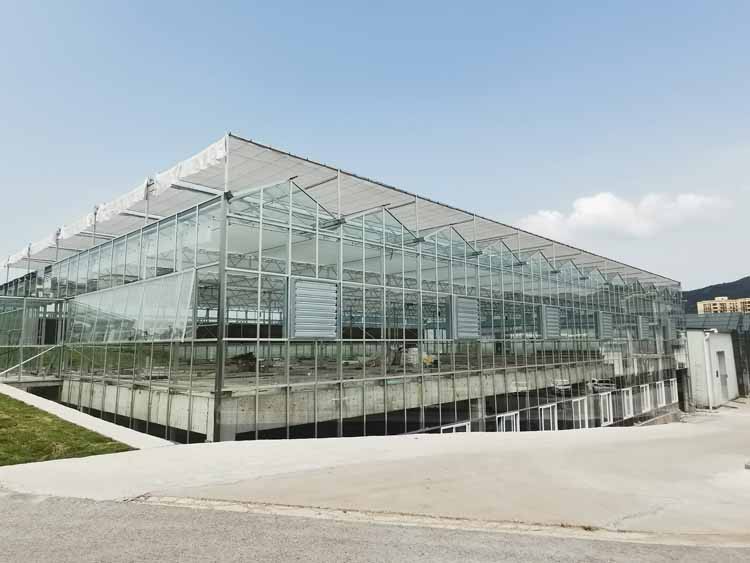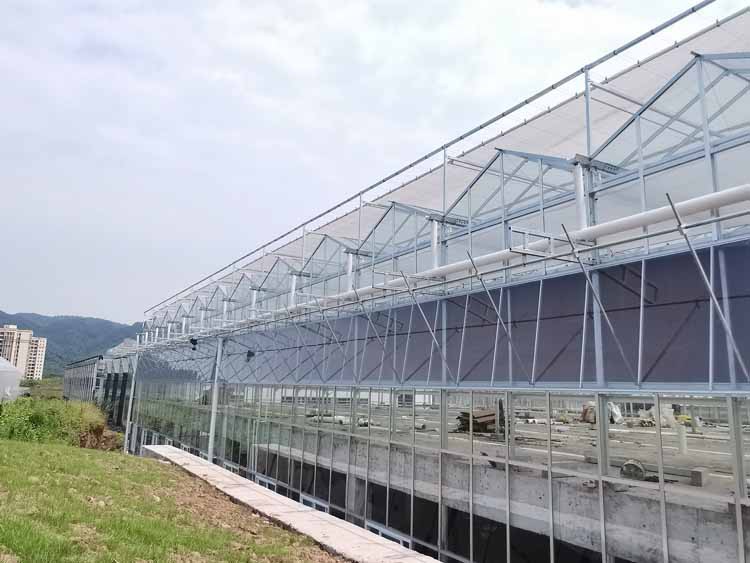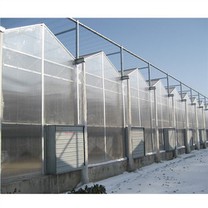In the production of greenhouse vegetables, those issues should be paid attention to when applying organic fertilizers:
In the production of greenhouse vegetables, the following issues should be paid attention to when applying organic fertilizers:
The first is to control the amount of organic fertilizers and use appropriate amount of quick-acting chemical fertilizers. Generally, it is advisable to apply 5-7 tons of decomposed chicken manure or 6-8 tons of pig, cattle and other manure per mu per year in greenhouses. It is appropriate to use more in new greenhouses, and the amount of greenhouses that have been planted for more than five years should be appropriately reduced. For aeolian sandy soil, saline-alkali soil, white pulp soil, chernozem, etc. with low organic matter content, it should be more appropriate, while black soil and meadow soil with higher organic matter content should be less.
Second, the organic fertilizer must be fully decomposed, and it is strictly forbidden to use organic fertilizer that is not fully decomposed. Fresh livestock manure contains germs and parasites, so it should not be used directly. Generally, it should be composted to kill various germs, insect eggs and other hybrid seeds during the fermentation and decomposing process, and the organic matter in the fertilizer can also be gradually decomposed into Various nutrients that plants can absorb.
The third is to diversify the application of organic fertilizers as far as possible, avoid single application of one type of organic fertilizer for many years, and use some biological fertilizers in combination.
The fourth is to use decomposed biogas to ferment fertilizer. Biogas fermentation is the result of using various organic matter such as human and livestock manure, crop straw, grass, agricultural waste gas, domestic sewage, etc., under the conditions of isolation of air and certain temperature, moisture, pH, etc., through the joint anaerobic decomposition of various microorganisms. The use of biogas fermentation fertilizer in pollution-free vegetable fields requires a sealed storage period of more than 30 days, a high-temperature biogas fermentation temperature of about 53 ℃ for 2 days, no larvae in the used manure, and no live maggots, pupae or newly emerged pupae around the pool. The biogas residues can be used only after they have been harmlessly treated.
Fifth, there are many benefits to mixing chemical fertilizers and farmyard manures. Chemical fertilizers are characterized by high nutrient content, fast fertilizer effect and short duration. Single nutrient, farmyard manure is a complete fertilizer, low nutrient content, slow fertilizer effect and long duration. Therefore, the two can learn from each other.








